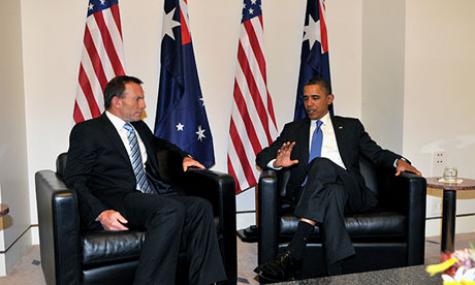A study undertaken by Flinders Professor Mike Nicholls (a leftie himself) and colleagues from Monash University and the University of California, has analysed data from the US National Longitudinal Survey of Youth to test the theory that left-handed children are smarter, naughtier and more prone to illness and injury than right-handed children.
The researchers measured physical health, mental health and cognitive development across four key areas – vocabulary, mathematics, reading and comprehension.
Professor Nicholls, head of the Brain and Cognition Laboratory at Flinders, said the team found little evidence to suggest that left-handed children have a higher probability of injury, illness or behavioural problems compared with right-handed children.
However, he said left-handed children achieved significantly lower cognitive development scores for all areas except reading.
“It’s often claimed that left-handers are more likely to have health problems such as asthma but we didn’t find any different outcomes between left and right-handers,” Professor Nicholls said.
“Some evidence suggests that left-handers are also more accident-prone but our results show that isn’t the case – if left-handers do experience injury it’s probably not due to clumsiness but rather the struggle of interacting in a right-handed world,” he said.
“But in all areas, with the exception of reading, a significant number of the left-handers were at the lower end of the IQ scale – it’s not that they all did badly but there was a sub-set of left-handers who had really low scores which brought the entire group down.
“The American President and the Australian Prime Minister are both left-handers and there are many other high-performing left-handers in the world so there’s a myth that left-handers are naturally brilliant.
“If that was the case, however, we should have seen an over-representation of left-handers with very high cognitive ability scores – and we didn’t see this pattern.”
Professor Nicholls said the data showed a distinct subset of left-handers with lower cognitive abilities, suggesting that perhaps some left-handers acquire developmental problems at birth and may benefit from extra tutoring.
“Based on our findings it’s likely that left-handed children will need a bit of extra help with schooling to get them up to a higher level but it could also be a matter of making their work environment better so they’re not constantly bumping arms with the kid next to them or using right-handed scissors.
“The most important thing is not to change a child’s left-handedness.”
As a left-hander, Professor Nicholls said the findings were not intended to offend.
“Our past research has revealed very similar findings and left-handers can get upset with what we report. However, it’s not a matter of opinion; we’re simply reporting what is there.
“To be honest, when I started this research, I expected left-handers to do better and this would have fitted in much better with genetic theories of why left-handers exist in the first place.”


















__small.png)










